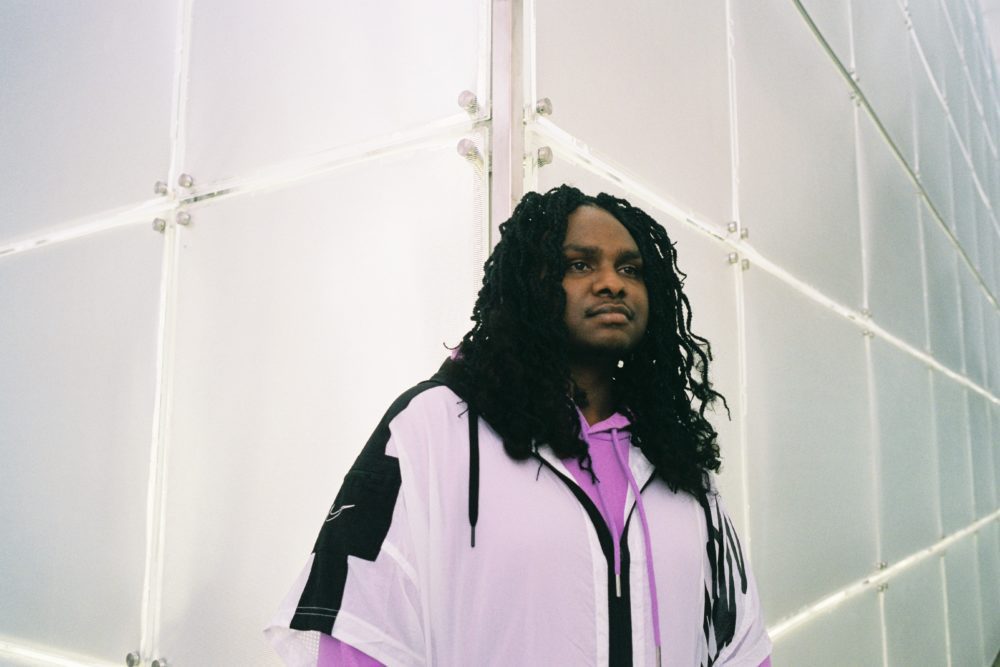Deadly Hearts Showcases Indigenous Artists Performing Iconic Australian Songs
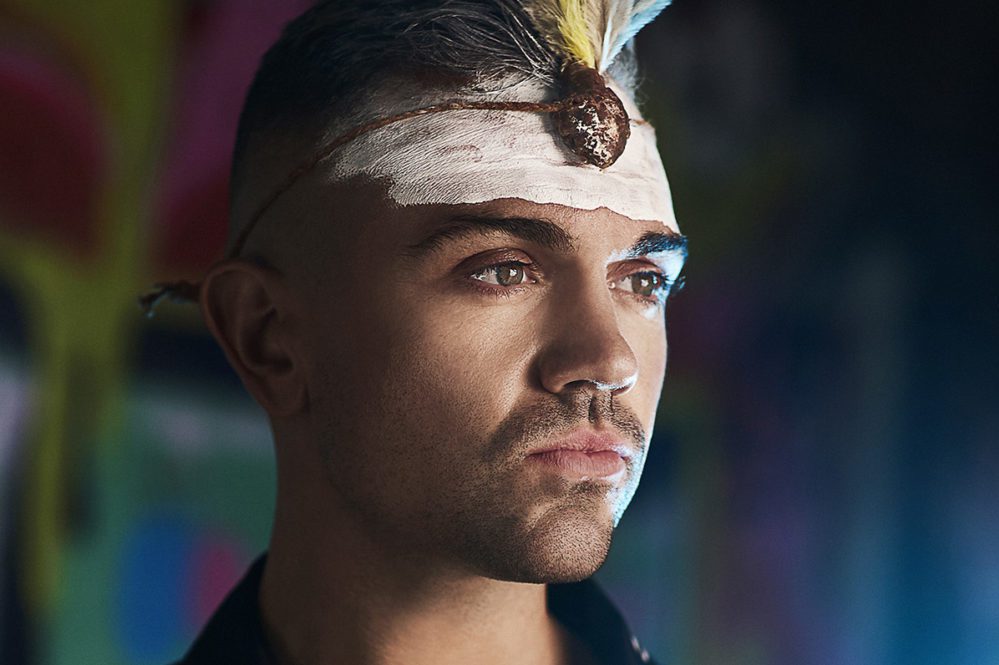
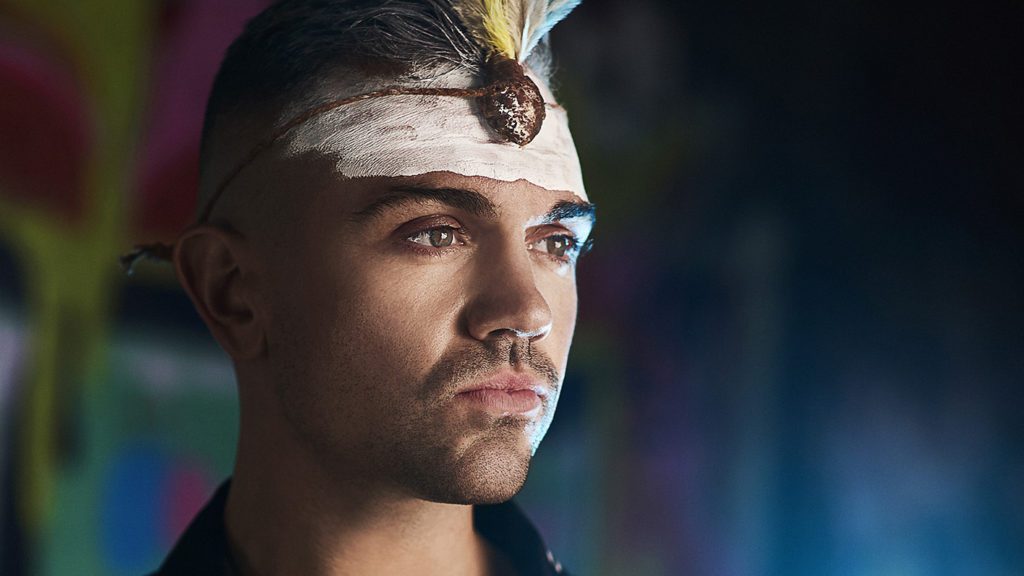
What is Australian music? Does it have a signature sound? Ask anyone from Arnhem Land to Arakoola, Melbourne to Mungo, and you’ll get a different response. What can’t be denied is that the original owners of Australian land had their own language – both literally and musically. In the last decade, there’s been a push by government and remote regional councils to preserve records and document Aboriginal languages, to recognise that the many languages of Aboriginal and Torres Strait Australians define the land, the spirit of place and people for generations of families and communities.
Recently, the National Indigenous Music Awards showcased the diversity and wealth of talented Indigenous artists of all genders, ages and musical genres. The latest Deadly Hearts compilation (and third in the series) features many of those artists. Versions of Vanessa Amorosi’s joyous pop song “Absolutely Everybody”, Crowded’s House sadly sweet “Don’t Dream It’s Over” and the political ferocity of Midnight Oil’s “Beds Are Burning” are all given a fresh interpretation.
The Deadly Hearts series began in 2017 as a platform for a new generation of Indigenous Australians to respond musically to the question: “What song has spoken strongest to you about growing up an Indigenous Australian?” The 12 tracks on the original album combined synth, jazz and hip hop to reimagine songs that each of the artists had a personal investment in. Jimblah covered Warumpi Band’s “My Island Home” with an electro vibe, while Birdz turned Yothu Yindi’s “Sunset Dreaming (Djapana)” into a hip hop ode. Deadly Hearts 2, released last year, featured accomplished artists Alice Skye and Dan Sultan as well as upcoming artists Tia Gostelow, Electric Fields and Dallas Woods.
The latest drop from the series, subtitled Walking Together, comes ahead of NAIDOC (National Aborigines and Islanders Day Observance Committee) Week 2020. NAIDOC began as a week long event in 1975, an observance of Aboriginal and Torres Strait Islander Australians’ history, culture and achievements.
Ziggy Ramo opens the comp with “Tjitji,” a soulful hip hop track that combines a trippy beat with a harrowing, vulnerable rap about contemplating and handling suicidal thoughts (“I see your pain, I felt the same. If you want real change, you gotta play the long game”). Just as he did in a recent performance for the Sydney Opera House Live series, Ramo skillfully blends the personal with the political even as he sings words originally written by Anangu/Torres Strait Islander Miiesha, who is also featured on the track.
She appears again backed by handclaps and a Woorabinda choir on a rendition of Brooks & Dunn country classic “Neon Moon,” raising it to the level of spiritual sanctuary. There is a lush spaciousness, where the voices are so divinely in harmony that you might be convinced Miiesha has been performing this for a lifetime. It’s quite a departure from Miiesha’s soulful debut album Nyaaringu, an award winner at the National Indigenous Music Awards this year, but the singer says, “We go mad for country music up here so picked one of our favourites.”
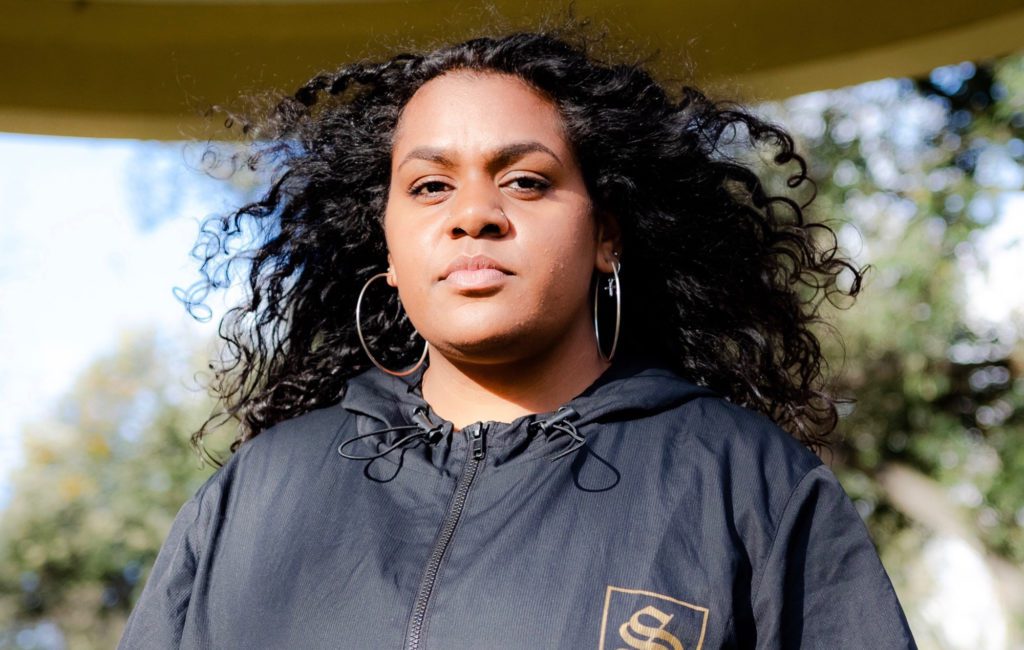
Stan Walker and Isaiah Firebrace duet on the gently compelling, lovely reimagining of Crowded House’s 1986 hit “Don’t Dream It’s Over.” Walker’s voice sounds close to breaking into tears, while Isaiah introduces traditional language, an unexpected, fresh element to such a well-known song. Walker has just released an autobiographical book that reveals his experience of sexual and physical abuse growing up in New Zealand – while it isn’t imperative to know his history and life stories to be moved by this track, it does give it an additional layer of meaning and heartbreak. Firebrace was Australia’s Eurovision contender in 2017. Together, the pair highlight the original song’s subtle message of resilience.
DRMNGNOW is the moniker of Naarm/Birraranga-based Neil Morris. The Yorta Yorta MC and instrumentalist applies his poetic rapping skills to a simple piano-beats-synth backdrop on a cover of Archie Roach’s “Get Back To The Land.” Morris recently told Double J’s Tim Shiel, “It doesn’t appear that people fully understand the depth of Indigenous spirituality and the power of this country… We need more anthems. If people aren’t aware, maybe we need to put some anthems out there for that. Also for the empowerment of our people; to feel strong and empowered, that there’s anthems that represent them.” It makes sense then, that Morris would gravitate toward Roach; both hail from Mooroopna, and the song resonated with Morris in the years he spent “living off country on Wurundjeri land.”
As a member of the Steering Committee for Kimberwalli at the Western Sydney Indigenous Centre of Excellence, Sydney-based soul singer Mi-Kaisha is politically active, advocating for young Indigenous voices to be heard. But it is her own flawless acapella, paired simply and perfectly with piano and nothing more, that stands out loud and clear on Bee Gees cover “How Deep Is Your Love.” The Darumbal Murri and Tongan woman was also the NAIDOC Youth of The Year in 2019 – no surprise with a talent that rivals Beyonce and Christina Aguilera for stadium-worthy, diva vocals.
Other highlights include a riotous pop tribute to “Absolutely Everybody” the anthem of the 2000 Sydney Olympics, sung by Mitch Tambo. He sings in Gamilaraay language, also adding the rich, deep bass sound of didgeridoo throughout the track. And Aodhan, a teenage Dharawal artist who won Triple J’s Unearthed High Indigenous Initiative in 2019, channels Elliott Smith on his strummy, acoustic version of Tia Gostelow’s “Always.” So thoroughly gorgeous is his rendition, it’s hard to believe he didn’t write it himself – a sensation embodied by many of the tracks on this wonderful album.
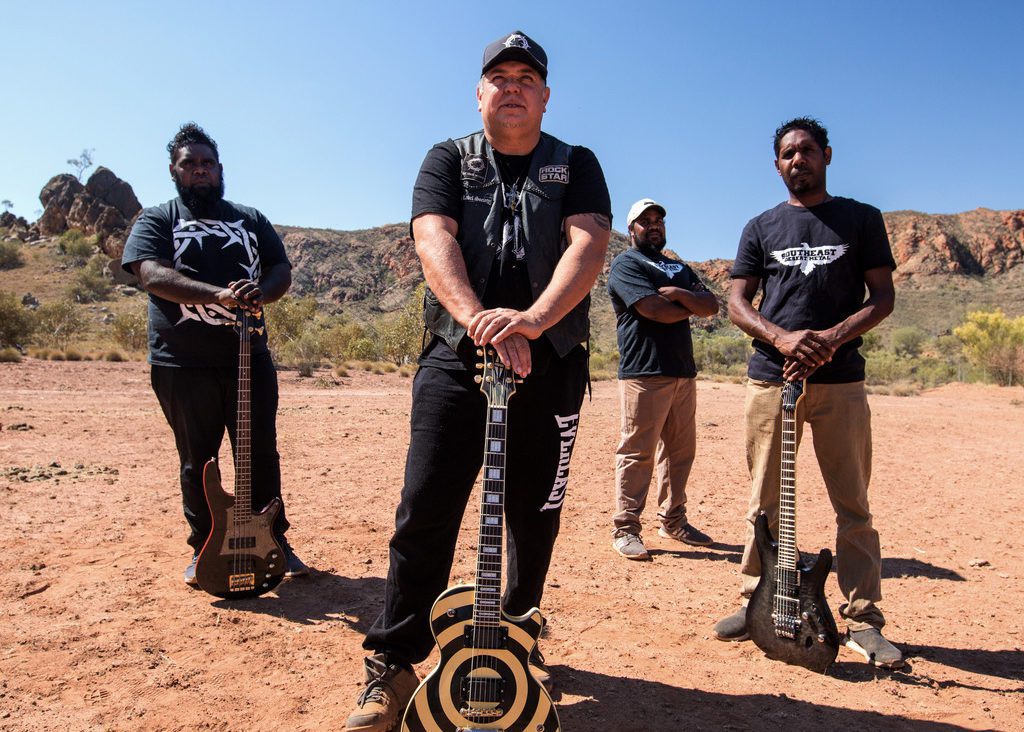
As if Midnight Oil’s ferociously political “Beds Are Burning” wasn’t driving home the message enough when it first came out, a brilliant version by Southeast Desert Metal ramps up the riffs and the volume to blow minds and speakers. Based in Santa Teresa, an hour from remote Alice Springs in Australia’s Northern Territory, the Eastern Arrernte band showcase their influences proudly. Raised on a meaty diet of Iron Maiden, AC/DC, Black Sabbath and Judas Priest, the four-strong members released a debut self-titled album in 2015, following it with their Break The Silence LP in 2018. Both works aimed to meld Indigenous culture with heavy music.
“I just want to send a strong message to young people today,” singer Chris Wallace told Blunt magazine last month. “They don’t seem to care about their culture anymore; they’re just sort of going on their own paths, doing the wrong things. I grew up with my uncles and all that, [with a] cultural way of living. That’s the reason why I just wanted to share a bit of the story that I was told. I just wanted to pass it on through music.”
Deadly Hearts: Walking Together is uniquely poised to accomplish that mission, not just with “Beds Are Burning,” but with its entire tracklist. If you love this album, which may happen on the first listen or the fifteenth, it makes a great jump off for discovering a wealth of Australian artists past and present – and when you’ve explored Walking Together thoroughly, there are still two previous Deadly Hearts compilations to delve into.

